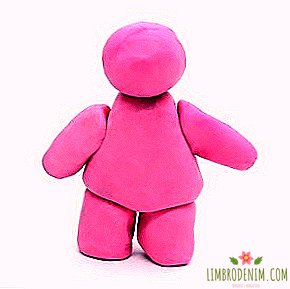Science and life: Why do we have deja vu
SCIENTIFIC DATA EXIST NOT ONLY IN THE SPHERE OF THEORY: many of them are quite capable of improving our lives, or at least explain how it works. Today we understand why we have a deja vu - the feeling that what is happening to us now was already before.

Deja vu spontaneously arises, and there is almost no opportunity to explore it in the laboratory.
Déjà vu translates from French as "already seen" - this is familiar to almost everyone the feeling that we are somewhere where we have been before, or are doing something that we once did. There are several hypotheses about how deja vu arise. Much of the researchers, for example, associate it with false memories: Ann Cleary, a scientist at the State University of Colorado, believes that deja vu occurs when we see something similar to what we are familiar with (for example, a certain interior or something that form), which generates a false memory. Dr. Akira O'Connor, a psychologist at the University of St. Andrews, noted that déjà vu can be a kind of brain tick, similar to muscle spasm: parts of our brain that are responsible for recognition and memory simply fail to work.
But scientists have no definite answer to the question of how a déjà vu arises, partly because it arises spontaneously and there is almost no opportunity to investigate it in the laboratory. Recently, a group of scientists led by the same Akira O'Connor tried to recreate this effect in the laboratory. They used methods used in the study of false memories: the participants of the experiment read out thematically related words ("bed", "pillow", "night", "blanket"), without naming the word uniting them - "sleeping". In experiments with false memories, the subjects are then asked whether they have heard the word “sleep” - and the study participants answer in the affirmative, although this is not so.
In the new study, the scientists slightly modified the process: they asked if the participants had heard the word “s”, and received a negative answer. Then the scientists asked if the subjects heard the verb “sleep” - and this question led the research participants to confusion: they felt as if they had heard the word, but after the previous question they understood that this was impossible, that is, they actually felt a deja vu. The data obtained with the help of MRI showed that at that moment the brain region was active, connected with decision making, and not with the formation of memories. Thus, the experiment showed that in this way the brain checks whether there is an error in its memories - and deja vu is a sign of healthy memory. True, how accurate and true this hypothesis still needs to be verified by further research.




